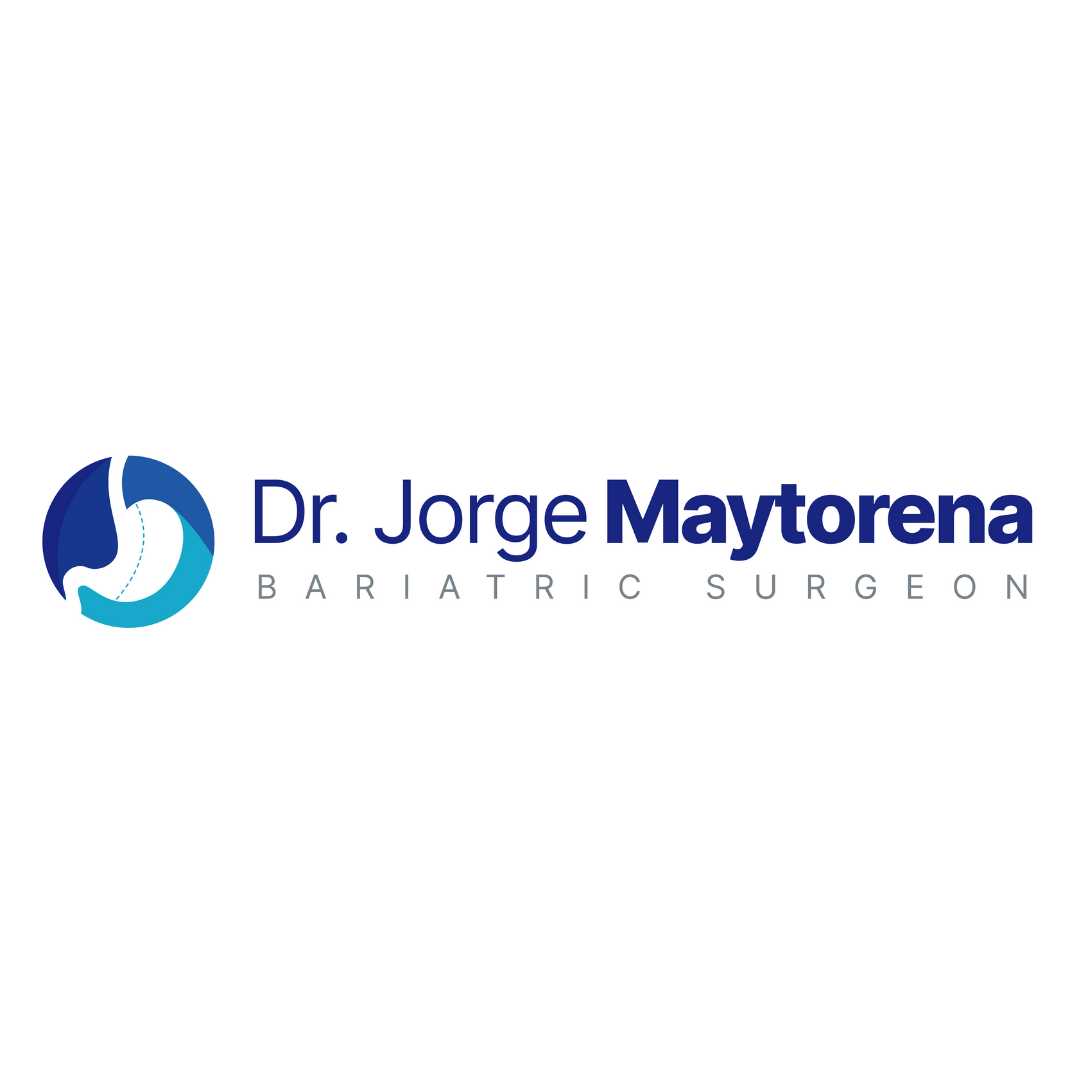A Step-by-Step Guide to Get Weight Loss Surgery without Insurance

So, you're thinking about weight loss surgery, a potentially life-changing step towards a healthier you. But there's a big hurdle, right? The cost. And without insurance, it can feel like an insurmountable mountain. I get it. It’s a stressful situation to be in, wanting to take control of your health but feeling like the financial barrier is just too high. But here’s the thing, it might not be as impossible as it seems. There are paths forward, and I'm here to walk you through them.
This isn’t just another article listing a few options. We’re going to dive deep into the practical, actionable steps you can take to make weight loss surgery a reality, even without insurance coverage. It’s about being smart, doing your research, and exploring every single avenue. Think of this as your personal roadmap. It’s not always easy, and it requires some effort on your part, but achieving your health goals is absolutely worth it. Let's get started on this journey together.
1. Understand the Real Costs Involved
First things first, you need a clear picture of what you're up against financially. The price of bariatric surgery isn’t just the surgeon’s fee. It’s a whole package of costs, and these can vary wildly depending on the type of procedure, the surgical facility, and even the city you're in.
- Surgeon's Fee: This is for the surgeon's expertise and time.
- Anesthesiologist's Fee: You'll need an anesthesiologist to administer and monitor your anesthesia during the procedure.
- Hospital or Surgical Facility Fees: This covers the use of the operating room, recovery room, and any inpatient stay.
- Pre-operative Tests and Consultations: This can include blood work, imaging studies, and consultations with specialists like a cardiologist or pulmonologist.
- Post-operative Care: Follow-up appointments, nutritional counseling, and support groups are often part of the package.
- Potential Complications: It's a tough thing to think about, but you need to be prepared for the financial implications of any potential complications.
Do some initial research on the average costs in your area and for the specific procedure you're considering, like a gastric sleeve or gastric bypass. This will give you a ballpark figure to work with as you explore the following options.
2. Explore Financing and Medical Loan Options
Once you have a better understanding of the costs, it's time to look at how to pay for it. Don't be discouraged by the big numbers. There are companies that specialize in helping people in your exact situation.
- Medical Credit Cards: Companies like CareCredit offer credit cards specifically for healthcare expenses. They often have promotional periods with deferred interest, which can be a huge help.
- Personal Loans: A personal loan from a bank or credit union can be another option. Your eligibility and interest rate will depend on your credit score, so it’s a good idea to check your credit report beforehand.
- Secured Loans: If you own a home, a home equity line of credit (HELOC) might offer a lower interest rate than an unsecured personal loan.
- Financing Companies Specializing in Medical Procedures: There are lenders who focus exclusively on financing medical treatments. They often have experience working with individuals seeking bariatric surgery and may offer more flexible terms.
A little tip: Don’t just jump at the first offer. Shop around and compare interest rates and repayment terms. This is a big financial decision, so take your time and choose the option that’s best for your situation.
3. Look into Hospital Payment Plans and Self-Pay Packages
Many hospitals and surgical centers understand that not everyone has insurance coverage. To accommodate these patients, they often offer direct payment plans or all-inclusive self-pay packages.
- Hospital Payment Plans: You might be able to arrange a payment plan directly with the hospital's billing department. This could allow you to pay off the cost of the surgery in manageable monthly installments.
- Self-Pay or Cash-Pay Packages: These packages often bundle all the costs of the surgery into a single, upfront price. This can sometimes be significantly lower than what would be billed to an insurance company. When you’re paying directly, you have some negotiating power. Don't be afraid to ask for a discount.
When you're talking to different facilities, be sure to ask specifically about their options for self-pay patients. You might be surprised at how willing they are to work with you.
4. Consider the Path of Medical Tourism
This is a big one, and it's becoming an increasingly popular option for a reason. Medical tourism, the practice of traveling to another country for medical care, can offer substantial savings on weight loss surgery.
- Significant Cost Savings: Countries like Mexico, Costa Rica, and India have world-class medical facilities that offer bariatric surgery at a fraction of the cost in the United States. We're talking savings of up to 70% in some cases.
- High-Quality Care: Don't assume that lower cost means lower quality. Many international hospitals are accredited by international organizations and have highly experienced surgeons.
- All-Inclusive Packages: Many medical tourism companies, like our partners at PlacidWay, offer packages for weight loss surgeries that include not just the surgery, but also post-operative care. This can take a lot of the stress and guesswork out of the process.
Of course, there are things to consider, like travel time and being away from home during your recovery. But for many, the incredible cost savings make it a very attractive option.
5. Research Grants and Charitable Organizations
While less common, there are some grants and charitable organizations that may offer financial assistance for weight loss surgery.
- Weight Loss Surgery Foundation of America (WLSFA): This is a well-known organization that provides grants to individuals who cannot afford bariatric surgery.
- Other Non-Profits: Do some digging to see if there are other non-profit organizations that focus on obesity or related health conditions. They may have programs that can help.
Applying for grants can be a competitive process, but it’s definitely worth exploring. Every little bit of financial assistance helps.
6. Crowdfunding: The Power of Your Community
In today's connected world, crowdfunding has become a viable way to raise money for medical expenses.
- Platforms like GoFundMe: These platforms allow you to share your story and ask for financial support from your friends, family, and even strangers who are moved by your journey.
- Telling Your Story: Be open and honest about your struggles with weight and your desire to improve your health. People are often more willing to help when they understand your "why."
It can feel a little vulnerable to put your story out there, but you might be surprised by the outpouring of support you receive from your community.
7. A Word on Saving and Budgeting
This might seem obvious, but it's still a crucial step. If you can, start saving specifically for your surgery.
- Create a Dedicated Savings Account: Having a separate account for your surgery fund can help you stay motivated and track your progress.
- Look for Ways to Cut Back: Are there areas in your budget where you can cut back, even temporarily? Every dollar you save is a dollar closer to your goal.
Even if you can only save a portion of the total cost, it will reduce the amount you need to finance and can make a big difference in the long run.
Frequently Asked Questions (FAQs)
How much does weight loss surgery cost without insurance?
The cost can range from $10,000 to $25,000 or more, depending on the type of surgery, location, and surgical facility.
Is it safe to get weight loss surgery in another country?
Many international hospitals have excellent safety records and are accredited by international organizations. The key is to do your research and choose a reputable facility and surgeon.
What are the most common types of weight loss surgery?
The most common procedures are gastric sleeve surgery, gastric bypass, and adjustable gastric banding.
How long is the recovery time for bariatric surgery?
Recovery time varies depending on the individual and the type of surgery. It can range from a few weeks to a couple of months.
Will I have to follow a special diet after surgery?
Yes, you will need to follow a strict diet plan after surgery to allow your body to heal and to ensure you're getting the right nutrients.
What are the long-term success rates for weight loss surgery?
Weight loss surgery has a high success rate for long-term weight loss, especially when combined with lifestyle changes like a healthy diet and regular exercise.
Are there non-surgical weight loss options I should consider?
Yes, there are non-surgical options like medically supervised weight loss programs and intragastric balloons. It's important to discuss all your options with a healthcare professional.
Your Journey to a Healthier Life Starts Now
Feeling overwhelmed? That's completely normal. But I hope this guide has shown you that getting weight loss surgery without insurance is not just a dream. It's an achievable goal. It takes some planning, some research, and a bit of determination, but you can do it. Ready to take the next step? PlacidWay is here to help you explore your options for affordable, high-quality weight loss surgery abroad. They can connect you with world-class surgeons and facilities, and help you navigate the entire process, from your initial consultation to your post-operative care.
Don't let the cost hold you back from the healthy life you deserve. Contact PlacidWay today for a free consultation and start your journey towards a new you!


.png)














Share this listing